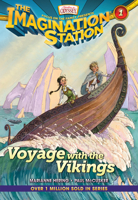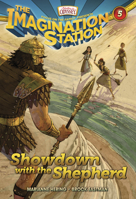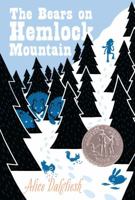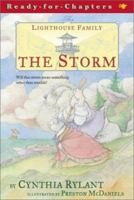The Secret of the Hidden Scrolls: The Complete Series
Select Format
Select Condition 
You Might Also Enjoy
Book Overview
The books include a rich cast of supporting characters, including Great-Uncle Solomon, the eccentric archaeologist who discovered the scrolls; the angel Michael, who guides the children on their quests; and key figures from the Bible stories.
This boxed paperback collection features all nine titles in the complete series. Titles include:
The Beginning--the story of Creation
Race to the Ark--the story of Noah and the flood
The Great Escape--the story of the plagues and the Israelites' exodus from Egypt
Journey to Jericho--the story of Joshua and walls of Jericho
The Shepherd's Stone--the story of David and Goliath
The Lion's Roar--the story of Daniel and the Lions
The King Is Born--the story of the Nativity
Miracles by the Sea--the story of Jesus' teaching and healing in Jerusalem
The Final Scroll--the story of the crucifixion and Resurrection of Jesus










































